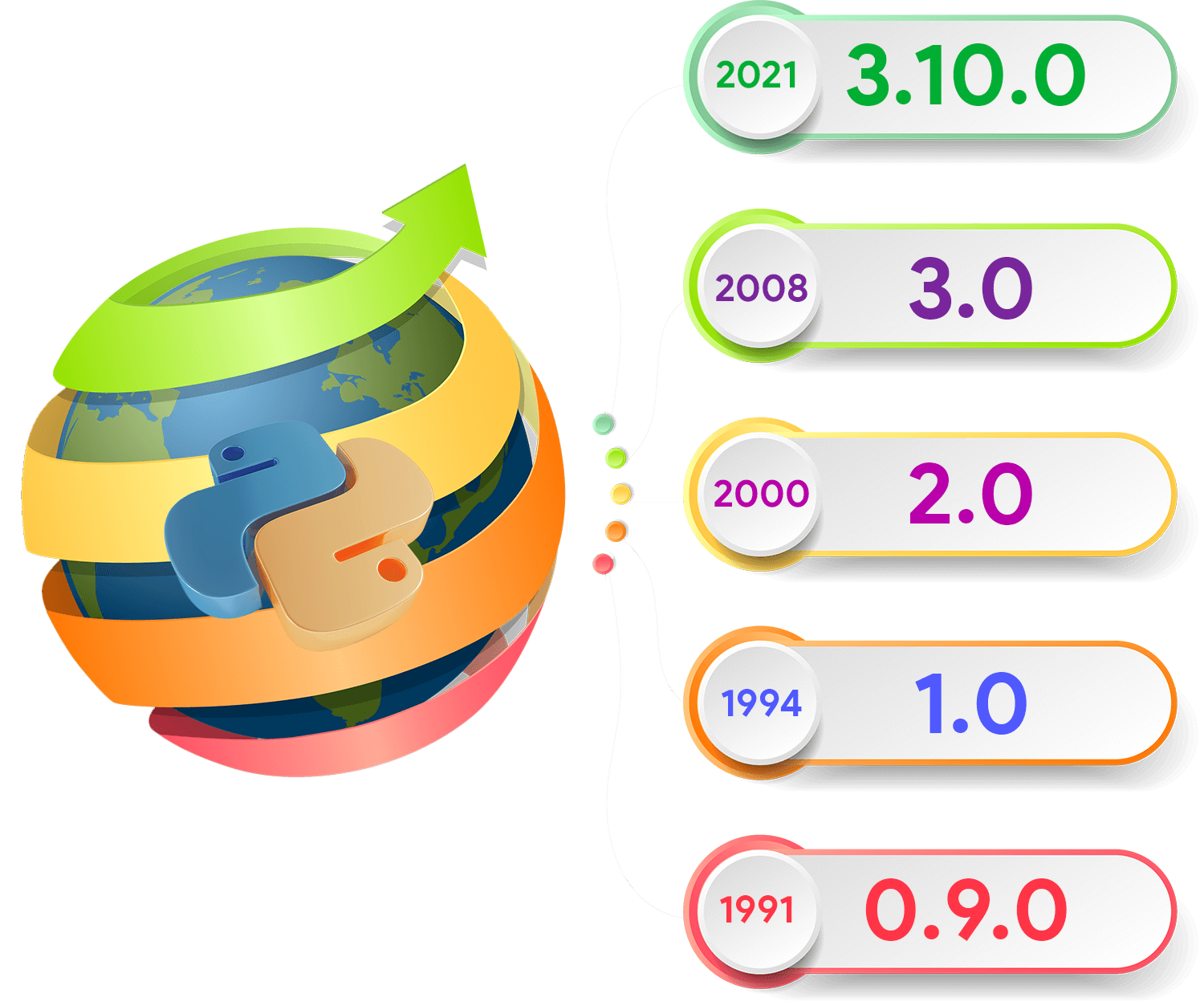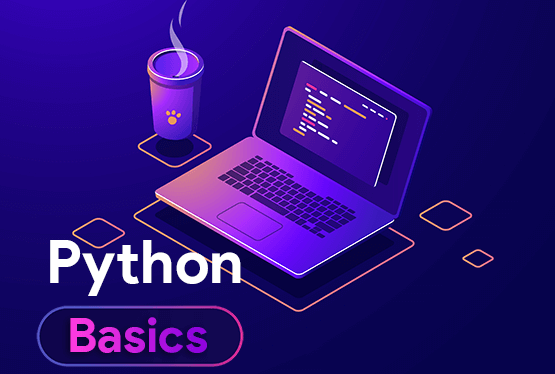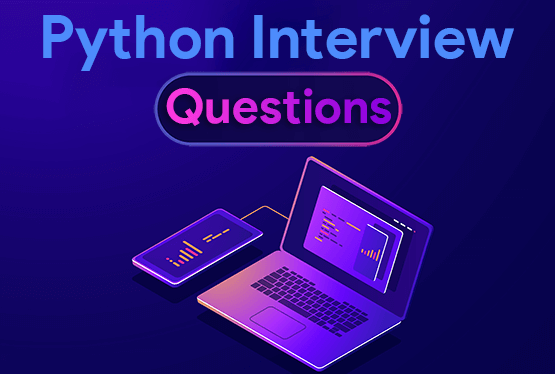What are the advantages of Python
Python skills are one of the most sought after and one of the best paid skills in the job market. So, in the last 5 years, Python has become the most learned programming language with many schools / colleges / universities making it a compulsory subject for their students. Why suddenly Python become so popular with industry and academia? Here are the some of the core strengths of python that made it so popular:
Open-source
One reason for Python's popularity is that it's code is open-source. That means its source code is made freely available for public and may be redistributed and modified according to the requirement of the user. Open source software is that by which the source code or the base code is usually available for modification or enhancement by anyone for reusability and accessibility. Open source code is the part of software that mostly users don't ever see. Anyone can manipulate and change a piece of software so that the program or application can work. Programmers who have access to a computer program source code can improve a program by adding features to it or fixing parts that don't always work correctly. So users/companies using python are not tied to any corporate's whims and fancies. Since python is open-source, it does not cost anything and will stay free of cost in future.
Object-Oriented
This language supports both the procedural and object-oriented programming paradigms. While functions help us with code reusability, classes and objects let us model the real world. A class allows the encapsulation of data and functions into one.
Standard Libraries
Python comes with an extensive set of libraries and it contain code for various purposes like regular expressions, documentation-generation, unit-testing, web browsers, threading, databases, CGI, email, image manipulation, and more. So, we don’t have to write the complete code for that manually. There are more than 10,000 python libraries developed by government organizations, Corporates, Non-Profit Organization, Universities etc. As there are libraries for any task imaginable, python saves lot of time and money for users
High-level language
Any computer can directly understand only its own machine language, defined by its hardware design. Machine languages typically consist of strings of numbers that instruct computers to perform their most elementary operations. Machine languages are machine dependent and are cumbersome for humans. High-level languages allow programmers to write instructions that look like everyday English and contain commonly used mathematical notations. Translator programs called compilers convert high-level-language source code into machine language. Python is among the world’s most widely used high-level programming languages.
Since it is a high-level language, python is easy to learn, understand, and code. This is the reason for high productivity of python programming effort.
portable
Python is a highly portable language. When you code your project in a language like C++, you may need to make some changes to it if you want to run it on another platform. But it isn’t the same with Python. Here, you need to code only once, and you can run it anywhere. This is called Write Once Run Anywhere (WORA). However, you need to be careful enough not to include any system-dependent features.
interpreted
Compiling a large high-level language program into machine language can take considerable computer time. Interpreter programs, developed to execute high-level language programs directly, avoid the delay of compilation, although they may run slower than compiled
programs. The most widely used Python implementation — CPython ( written in
the C programming language) — uses a clever mixture of compilation and interpretation to run programs.
Python compiles source code to a set of instructions for a virtual machine, and the Python interpreter is an implementation of that virtual machine. This intermediate format is called "bytecode."
extensible
Python can be extended to other languages. You can write some of your code in languages like C++ or C. You can also put your Python code in your source code of a different language, like C++. This allows us add scripting capabilities to our code in the other language.
General purpose
You can use python to build websites, develop games, build machine learning models, AI applications like autonomous cars, IOT application or for practically any task that needs to be automated or optimized.
Cross-platform language
Python a cross-platform language, running equally well on Windows, Linux/UNIX, and Mac platforms, as well as others, ranging from supercomputers to smart phones.
| click here to Learn Python the easiest way |





